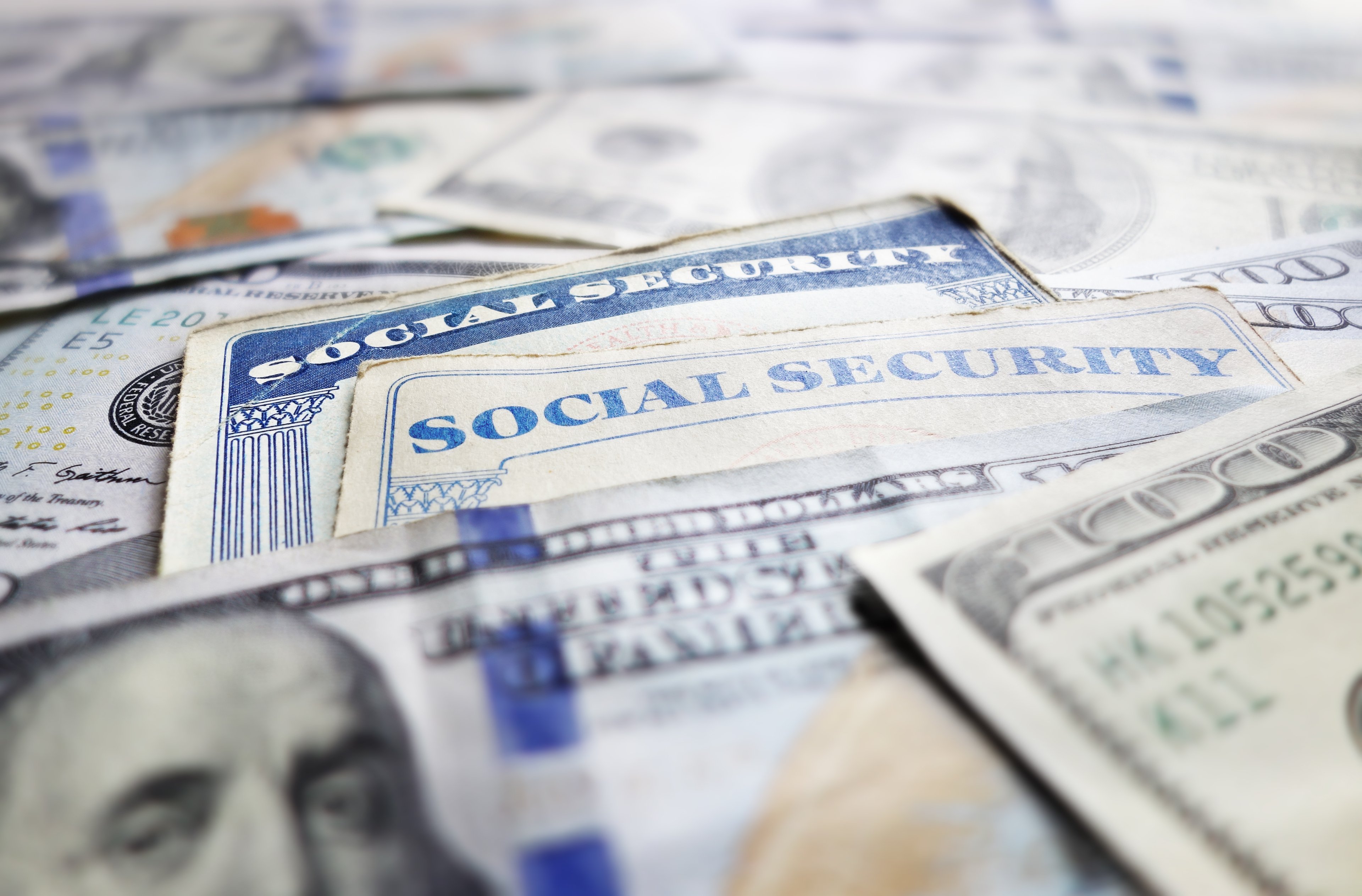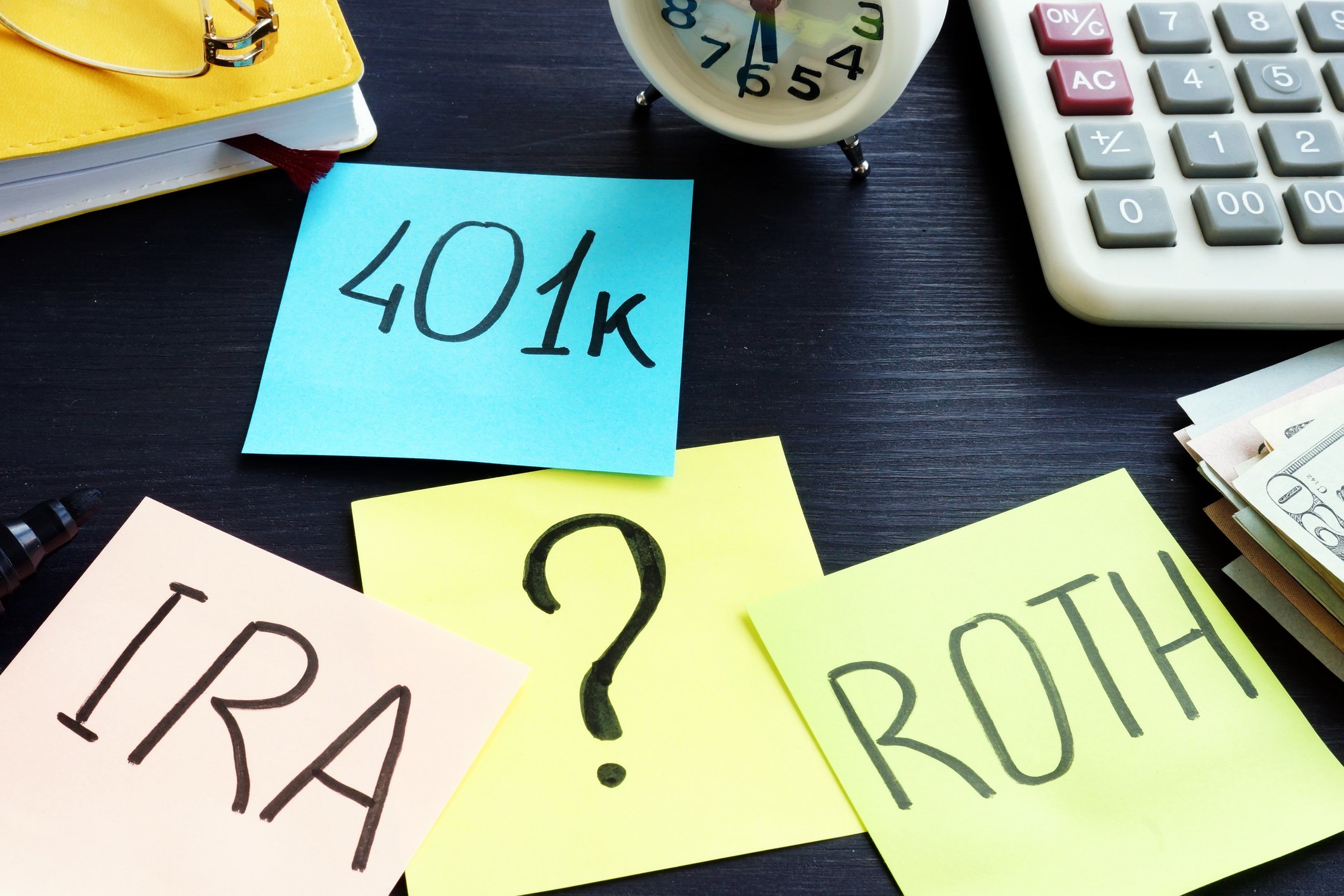Millions of Americans are struggling financially because of COVID-19. If you're one of them, you may already have a touch of relief in the form of a $1,200 stimulus payment. These payments are part of a $2 trillion economic stimulus package that was signed into law in late March, and they've already begun hitting some recipients' bank accounts.
That said, there's a lot of confusion surrounding those stimulus checks, and also, a fair amount of misinformation. Understanding how those payments work could help ease your worries during an already difficult time, so here are a few myths you shouldn't buy into.

IMAGE SOURCE: GETTY IMAGES.
1. You need to sign up or register for your stimulus check
Many Americans will automatically receive a stimulus payment without signing up or registering for one. If you filed a 2018 or 2019 tax return, and the IRS has your bank account information on file for direct deposit purposes, then you don't have to do a thing -- that bank account is where your stimulus cash will land (and that money may even be in your bank account already, so it pays to log on and check). Furthermore, if you're on Social Security, you don't need to register for your stimulus check, either.
That said, if you never supplied bank account details to the IRS in conjunction with filing taxes, then it pays to use the IRS's new tool to submit that information so your stimulus can arrive via direct deposit. Otherwise, you'll have to wait for a check to arrive in the mail. Furthermore, if you didn't file a tax return this year or last and you aren't on Social Security, you will need to use the non-filers section of the aforementioned IRS tool to get your money.
2. You'll have to pay your stimulus back
The stimulus payment you receive is, technically speaking, an advance refund for a 2020 tax credit. Because of that, many people are worried that they'll wind up having to pay their stimulus back.
But fear not -- the only thing that's happening is that you're getting that 2020 tax credit paid to you now, when you probably need it the most, rather than having to wait until next year, when you file your 2020 tax return, to get it. Furthermore, if you don't qualify for a stimulus payment now based on your 2018 or 2019 income, but your income drops in 2020, you may qualify for some or all of the stimulus later on.
3. You'll pay taxes on your stimulus check
The IRS has a way of getting its hands on all of the income we earn, whether it's a paycheck from work, unemployment benefits, bank account interest, or investment gains. As such, it's easy to assume that you'll owe taxes on your stimulus payment, and that that $1,200 won't be yours to keep in full. But thankfully, that's not the case. Not only will you not owe taxes on your stimulus payment, but it also won't count as income, so it can't be used to bump you into a higher tax bracket for 2020.
Though the details surrounding the new stimulus payments may be confusing, the bottom line is that they're designed to help the many people who are functioning in crisis mode right now. And if you haven't gotten your payment yet, don't worry -- there are several reasons why it could be delayed, so you shouldn't assume it's missing because you don't actually qualify for it.





